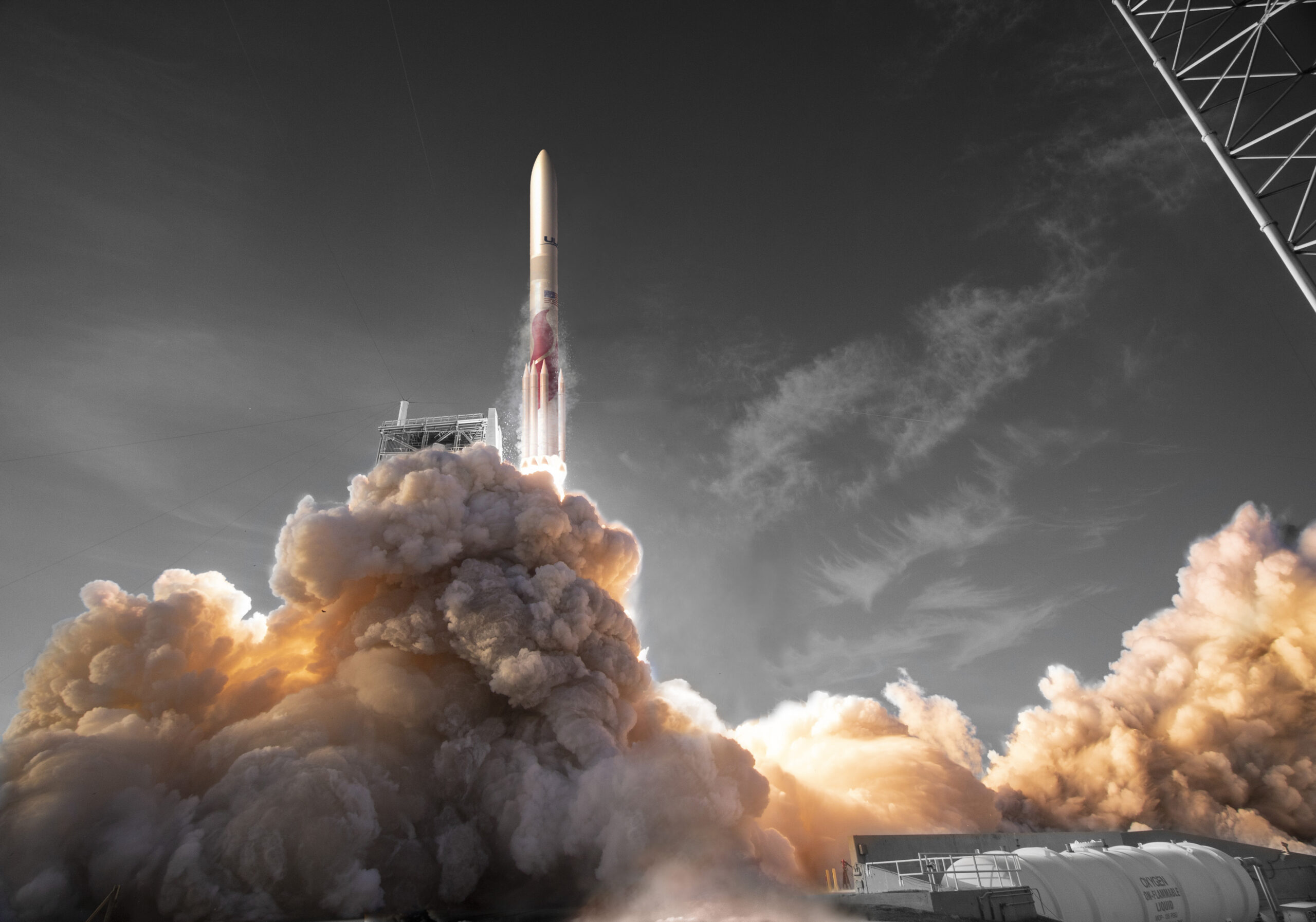Products You May Like
The awards made by the Space Enterprise Consortium are for prototypes that will be jointly funded by the government and the contractors
WASHINGTON — Blue Origin, Rocket Lab, SpaceX and United Launch Alliance were selected to participate in technology development projects to advance rocket engine testing and launch vehicle upper stages, the U.S. Space Force Space Systems Command announced Sept. 24.
The awards made by the Space Enterprise Consortium are for prototypes that will be jointly funded by the government and the contractors under partnerships known as OTAs, or other transaction authority. The contracts were split between current national security launch providers SpaceX and ULA, and new entrants Blue Origin and Rocket Lab that might compete in 2024 for the next round of national security launch service contracts.
- Blue Origin will receive $24.3 million for cryogenic fluid management for its New Glenn rocket’s second stage.
- Rocket Lab gets $24.3 million for upper stage development of its future launch vehicle Neutron.
- SpaceX gets $14.4 million for testing technologies for its next-generation Raptor engine: rapid throttling and restart testing; liquid methane specification development and testing; and combustion stability analysis and testing.
- ULA gets $24.3 million for uplink command and control for Centaur 5, the upper stage of the company’s new rocket Vulcan Centaur.
The SpEC consortium solicited proposals for these projects on May 11.
The Space Systems Command said the projects are funded in fiscal year 2022 and the contracts will be awarded early next year pending congressional approval of the 2022 budget request.
“We are excited to partner with industry to advance transformational space access capabilities,” said Col. Rob Bongiovi, director of Space Systems Command’s Launch Enterprise.
The Raptor testing contract awarded to SpaceX was funded by a $15 million appropriation that Congress added to the 2021 defense budget for next-generation engine testing. “This prototype effort will advance state-of-the-art in rocket engines, including new technologies to enable space access and mobility,” the SpEC consortium said.
The other three projects for upper state technology are for “orbital transfer prototype projects to improve space access capability for national security launch systems,” the SpEC said. “Anticipated benefits include reducing costs by allowing procurement of lower energy launch vehicle configurations, and improving mass-to-orbit capability” specially for trajectories beyond geosynchronous orbit.
